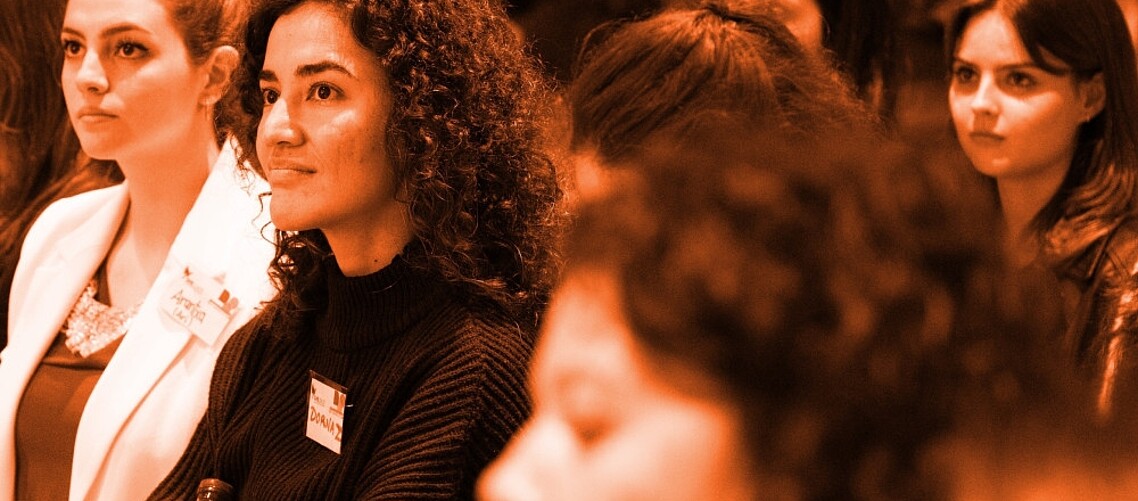The Case Overview:
The teaching case delves into the entrepreneurial journey of Geerke and Yvette, both passionate about sustainability, as they navigate challenges in a male-dominated industry. The 2B Collective, armed with a mature product, a new business model, and a dedicated team, faces hurdles in scaling their venture due to limited financial resources. Investor discussions reveal a disconnect between the founders' focus on long-term social impact and investors prioritizing short-term returns. Additionally, post-pandemic market instability adds complexity to their journey.
The 2B Collective's Impact:
The startup offers a Software as a Service (SaaS) platform to consultancy organizations, engaging clients in the transition toward a climate-neutral, circular, and inclusive society. The platform provides end-users with access to learning programs that translate the UN's Sustainable Development Goals (SDGs) into concrete challenges, fostering sustainable and inclusive thinking in a dynamic and engaging manner.
Purpose Behind The Collaboration:
The collaboration between CDC and ECE highlights the commitment to promoting diversity and empowering female entrepreneurs. This case not only provides valuable insights into the challenges faced by Geerke and Yvette but also serves as a catalyst for discussions on gender equity, sustainability, and the intersection of entrepreneurship and social impact. As it becomes an integral part of the CDC's case collection, this collaboration serves as a positive step towards fostering a more inclusive and equitable future in entrepreneurship education.
"A lot of the educational materials for entrepreneurship training are often based on the male narrative and experience. That’s why we collaborated with CDC to develop this teaching case to break the gender stereotypes and biases in entrepreneurship education through more diverse perspectives."
Katty Hsu, Senior Researcher for ECE
Teaching Note:
This case offers versatile applications, suitable for entrepreneurship, women leadership, and sustainability courses. The target audience are undergraduate (2-3-year bachelor) business management students in entrepreneurship, strategy, sustainability, and related courses. This case focuses on social entrepreneurship and discusses the challenges social entrepreneurs face when growing their business, especially when it comes to balancing social and commercial goals. The case can thus also be used as an exercise in professional training for (women) entrepreneurs. For access to the complete teaching note including exercises, recommended readings, references, and more, please contact CDC at cdc@rsm.nl.
